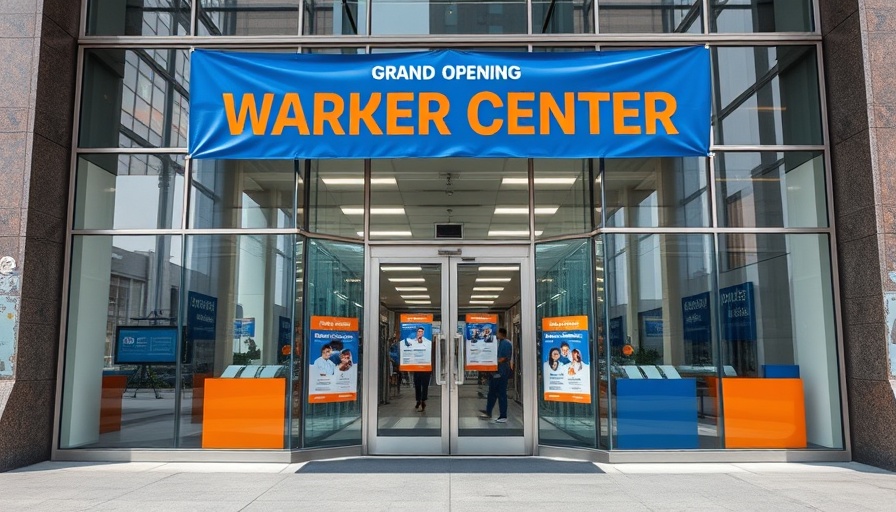
How the Slowing of DEI Initiatives Impacts Atlanta's Workforce
The looming threat of stagnation in job investments targeting Black workers has reverberated loudly across Atlanta. The recent report by the Joint Center for Political and Economic Studies highlights a concerning trend: the Trump administration's rollback of essential diversity, equity, and inclusion (DEI) provisions is putting beleaguered communities at significant risk.
Under the Infrastructure Investment and Jobs Act (IIJA), CHIPS and Science Act, and Inflation Reduction Act (IRA), there was initially a fast-track initiative aimed at increasing the share of federal investments in Black communities. But as new policies emerge, the promised funding seems more precarious than ever.
A Historical Perspective on Equity in Job Creation
Historically, federal investment has been a double-edged sword for Black communities. Programs that are designed to uplift often face opposition or are diluted by policy changes. This trend undermines any progress made since the Civil Rights era when systemic racism directly affected job opportunities. The importance of preserving DEI initiatives cannot be overstated as they are critical in dismantling long-standing barriers to equity.
The Economic Ripple Effect on Atlanta's Local Job Market
Atlanta stands at a pivotal crossroads; the economic ramifications of halting these investments can be felt across various sectors. Reduced funding leads to fewer opportunities in skilled trades that predominantly employ Black workers. This trend spells a particularly adverse effect in Atlanta, a city that has seen a burgeoning populace in skilled trades over recent years. The perception is clear: without robust DEI supports, progress could reverse significantly.
Future Predictions: What Lies Ahead
If the current trajectory continues, expect a broadening economic divide in Atlanta, with skilled trade markets feeling the brunt of the inequitable policies. Further delays in federal funding are likely to keep many in economically disadvantaged communities stuck in low-wage jobs. Predictions within community planning circles suggest a grim outlook if swift action isn't taken by both policymakers and community leaders alike.
Diversifying Perspectives: Counterarguments on Federal Assistance
While some argue that tightening regulations on DEI initiatives may encourage overall economic efficiency, this perspective often overlooks the critical social fabric that diversity brings to workplaces. Emerging research emphasizes that companies with diverse teams tend to outperform their less-diverse counterparts in innovation and profitability. Therefore, snubbing DEI can diminish both moral and economic funding.
The Call for Community Action: What Can Be Done?
As Atlanta's residents, we have the collective power to influence change, beginning with vocal advocacy for equitable hiring practices. Engaging with local organizations that are pushing for DEI preservation in job investments can create a unified front. Moreover, raising awareness about the importance of these programs on social media and community platforms remains vital.
Remember, while the national stage dictates much of the policy landscape, local voices—our voices—can reshape the direction and impact of investments in our communities. Embracing and championing inclusivity should be at the forefront of every conversation about economic development in our city.
If you're passionate about equity in employment for all, follow Atlanta Local Unplugged on Facebook @atlantalocalunplugged to get involved and keep the conversation alive.
 Add Row
Add Row  Add
Add 


Write A Comment